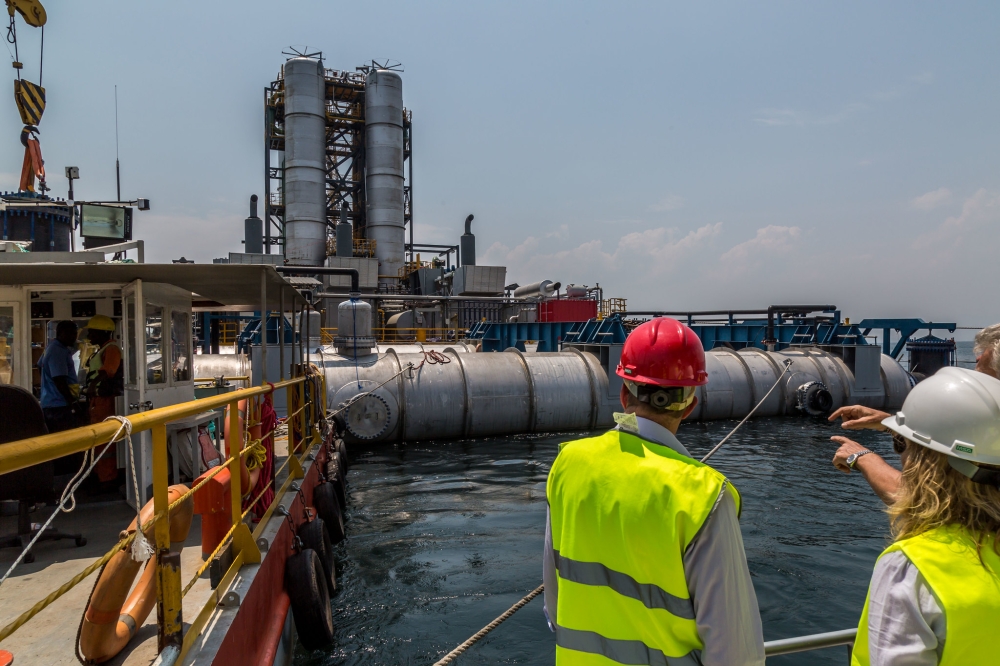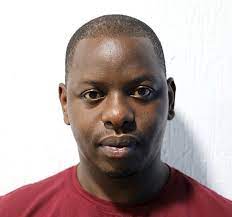

The government has unveiled a comprehensive Lake Water Use Master Plan for five key lakes—Kivu, Muhazi, Mugesera, Ruhondo, and Burera—to guide sustainable utilisation of water resources.
The plan outlines specific allocations for recreation, transport, agriculture, fishing, energy production, and methane gas exploration.
ALSO READ: Major methane gas exploitation projects on Lake Kivu
Lake Kivu, located in the Western Province of Rwanda, lies on the border between the Democratic Republic of the Congo and Rwanda.
The lake, which covers a total surface area of 2,730 square kilometres, is Rwanda’s largest lake and the sixth largest in Africa.
Lake Muhazi with 33 km2 and Lake Mugesera with 40 km² are located in the eastern part of Rwanda.
Lakes Burera and Ruhondo which cover 2,800 hectares are located in Northern Province.
ALSO READ: The promising tourism potential of Lake Muhazi
The five lakes’ water use master plan was released on March 25, 2025.
It shows that the zone dedicated to methane gas exploration in Lake Kivu on the Rwandan side covers 31 percent, while the zone dedicated to harvesting naturally occurring fish (capture fisheries) covers 53 percent.
ALSO READ: Gasmeth Energy to invest $400m in Kivu methane extraction
Fish farming is allocated 7 percent, and tourism and recreation have been allocated 8 percent.
On Lake Muhazi, fish farming will be carried out on 42 percent of the lake’s surface, tourism and recreation is planned for 41 percent, and water supply for homes is planned to come from 2 percent.
On Lake Mugesera, tourism and fishing will cover 99 percent of the lake’s surface, while water supply will come from 0.7 percent.
On Lake Burera, tourism and recreation are planned for 30 percent, fish farming for 11 percent, and harvesting naturally occurring fish (capture fisheries) for 57 percent.
ALSO READ: New fish species point to adaptability in Burera, Ruhondo Lakes
Tourism and recreation will cover 23 percent of Lake Ruhondo, fish farming will cover 9 percent, while harvesting naturally occurring fish (capture fisheries) will cover 67 percent.
"From addressing public health concerns to promoting clean energy and supporting a thriving tourism sector, our commitment is to establish a harmonious balance between essential activities and environmental preservation. We strive to ensure the enduring vitality of these lakes, serving as foundational resources for life and prosperity for generations to come,” Emmanuel Rukundo, the Director General of the Rwanda Water Resources Board (RWB) said.
ALSO READ: Main polluters of four major lakes revealed: What next?
He said that investors will request water use permits by referring to the Lake Water Use Master Plan.
He further highlighted that investors seeking to utilise lake resources must obtain water use permits based on the master plan. Additionally, all lake users must adhere to a mandatory 50-meter buffer zone and avoid pollution.
Vital Munyandinda, Water Permit Division Manager, explained that the master plan for the five lakes was developed because they are frequently used for different purposes and cover a large surface area.
He said that the master plan for other lakes will follow.
A study conducted by the Rwanda Environment Management Authority in 2008 revealed that Rwanda has 101 lakes and 863 rivers. He said that water transport routes have also been mapped.
"The boats will be able to navigate through designed waterways without disrupting zones dedicated to other activities,” he said.
Moise Niyomugabo, the head of the Bwishyura Kivu Boat Cooperative, which organises local community tours in and out of Lake Kivu, reiterated that the master plan will help detect obstacles in Lake Kivu’s waterways, which could cause accidents.
"Lack of known waterways was affecting navigability. The new master plan will ensure safety in transporting people and goods using the lake. It will also help navigate boats even during the night and help us know the distance of the waterways we use for better planning in terms of logistics and fuel consumption,” he noted.
Pacifique Ntwali, a fish farmer, said, "The lack of a lake water use master plan will avoid conflicts among water users and also eradicate illegal fishing.”
"The new master plan will guide our new investments, particularly in fish farming,” he added.
Aimable Sibomana, a hotel manager at Muhazi Beach Resort, said that the master plan will spur investments in the tourism and hospitality sectors.


